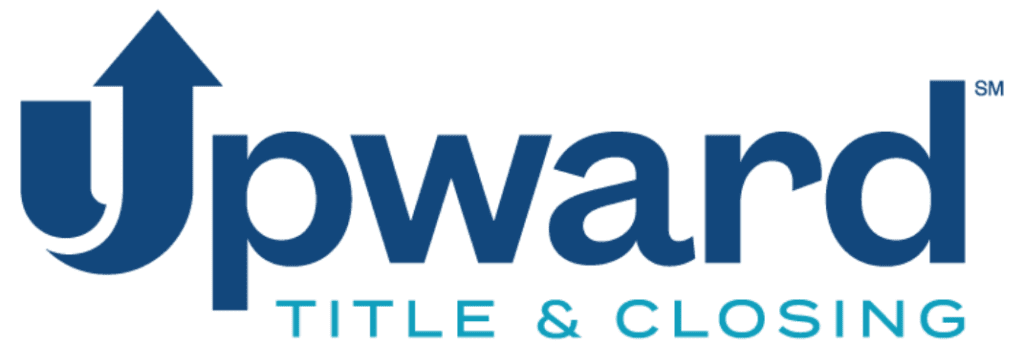Whether you’re the buyer or seller in the transaction, the “closing” is the last step before the deal is completed, and you hand off (or receive) the keys to the property. Depending on the state, these are typically held at the title or escrow company’s office (Upward Title & Closing also offers virtual closing options in states where that is permitted – check with your agent), at your agent’s office, lender’s office or at your insurance provider’s place of business.
During the closing/signing appointment, you will be able to review the estimated closing statement and supporting documentation. This is your opportunity to ask questions and clarify terms. You should review the estimated closing statement carefully and report any discrepancies to the title and closing officer.
You’re involved in financial transactions almost every day. But the purchase of a home is a complicated process. Credit reports, mortgages, agents, insurance, inspections, title officers, homeowner associations – that’s a lot to keep up with by yourself. That’s where we come in to save the day by facilitating the coordination of all these factors.
Think of Upward Title & Closing as the hub of a wheel that brings all parties together in the transaction. Depending on the location of your transaction, we are a neutral third party that holds all the money, contracts and legal documents until the buyer and seller are ready to close the transaction.
As part of your closing transaction, we do a search to make sure the property is owned by the party who claims to be the owner, and that no other party can assert a claim of ownership. The search process is performed for the following real property transactions: sales, refinances, second mortgages, home equity loans, construction and foreclosure. Upward Title & Closing will search all property records to confirm the history of ownership and search for any financial claims, e.g. liens or deeds of trust against the property.
The state where your transaction is happening determines which party selects the title and closing company. Please check with your real estate agent to confirm the laws for your state.
When you sign the documents that need to be notarized, you will need valid photo identification. Your driver’s license is preferred, but passports and military ID should also suffice. You will also be asked to provide your Social Security number for tax reporting purposes.
When a property is bought or borrowed against, the buyer/lender expects the property to be free from debts or obligations not created or agreed upon by them. Title insurance is designed to protect the buyer/lender from adverse claims, including coverage for legal expenses to investigate, litigate or settle the claim.
LIENS: Liens can pop up unbeknownst to the owners. A lien is a legal hold or claim on property as security for a debt or charge. Common lien examples are unpaid city/county/state taxes; child or spousal support; and/or equity judgments created through divorce proceedings and abstracts of judgments. If real property is being sold from the estate of a deceased person, or through a bankruptcy, there are usually additional legal requirements for the sale to be completed.
CLERICAL MISTAKES: Clerical mistakes, known as Scrivener’s Errors (a mistake by the preparer of a document), can also be found, and the requirements needed to clear the title may be made by the title company.
FRAUD AND FORGERY: A search process is also the time that fraud and forgeries are most likely detected, since close attention is given to the documents recorded that pertain to the property and owners. If documents appear to be irregular, fraudulent or forged, it is discovered in the title search.
Once the title is clear and ownership confirmed, as your title company, Upward Title & Closing will organize the closing. Once closed, we will issue title insurance to the new owner(s) and lender(s). The title policy will protect the insured against any claims against the property pursuant to the coverage of the policy. Unlike auto insurance, which is strictly required to operate a vehicle, title insurance is not mandatory; however, the requirement for title insurance is built into most sales contracts, and almost all lenders require title insurance to cover their interest in the property.
For the buyer to have protection, they need an owner’s policy that assures the owner that they are purchasing the property from a party that has the authority to sell it and that there aren’t any issues other than what has been disclosed that would challenge or diminish their ownership and enjoyment of their new property. Protection for the lender is provided through the lender’s policy. The loan policy is not a protection for the owners, just the lender.
So, does your title company matter? Absolutely! We’re here to ensure a seamless closing experience so you can focus on enjoying one of life’s big moments: buying or selling your home!
A preliminary title report (“pre,” “prelim” or “commitment”) is a report prepared prior to issuing a policy of title insurance that shows the ownership of a specific parcel of land, together with the liens and encumbrances thereon, which will be excluded from coverage under any subsequent title insurance policy.
